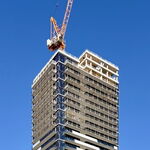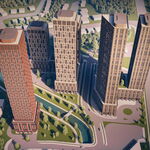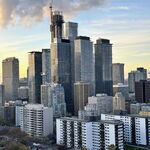nfitz
Superstar
That's cherry picking isn't it? January 2012 inflation was 2.5% over January 2011. January 2011 inflation was 2.3% over January 2010. January 2010 inflation was 1.9% over January 2009. Whose to say what the 2013 inflation rate over 2012 will be? 2% is certainly a reasonable estimate.I'm totally enjoying the 2% increase is 'just inflation cost-of-living, don't cha know', vibe. YOY Nov 2012 CPI was +0.8%.





